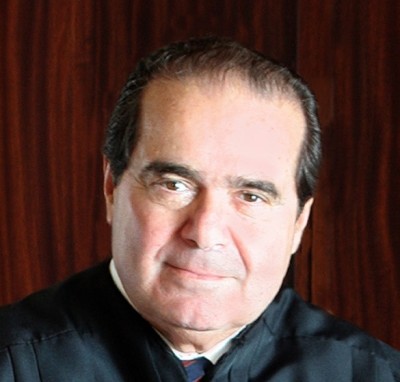On February 13, 2016, Justice Antonin Scalia, the anchor of the Court’s conservative wing for nearly three decades, passed away. He leaves behind a distinguished legal career that involved experience in wide range of roles. After graduating from Harvard Law School, Justice Scalia entered private practice and then became a law professor at the University of Virginia. He served in the Nixon and Ford administrations, eventually becoming Assistant Attorney General. Scalia then began his judicial ascension when President Ronald Reagan nominated him to the United States Court of Appeals for the District of Columbia Circuit. Soon thereafter, Reagan nominated Scalia to the Supreme Court to replace Justice William Rehnquist, whom Reagan had named to the Chief Justice position. Scalia was unanimously confirmed.
Justice Scalia’s Employment Law Legacy




